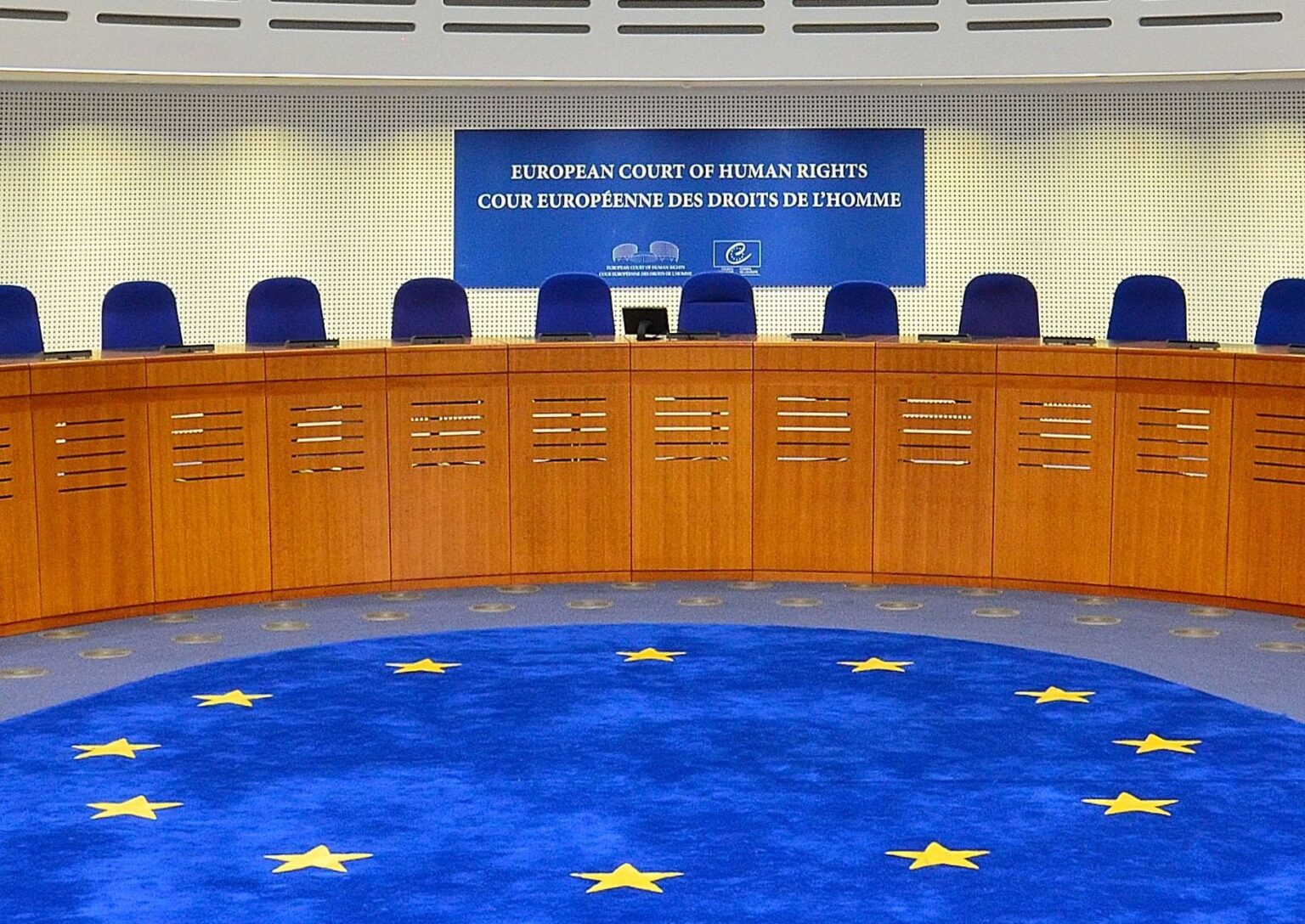European Court of Human Rights Opens Cases on Russia’s Ban of Crimean Tatar Mejlis

The European Court of Human Rights (ECHR) has begun formal proceedings on cases challenging Russia’s 2016 ban of the Mejlis of the Crimean Tatar People.
The Gaze reports this, referring to an announcement made by the Crimean Tatar Resource Center (CTRC).
According to the organization’s chairman and Mejlis member Eskender Bariiev, the ECHR officially initiated communication with the parties on October 20, signaling that the Court is now moving forward with cases against Russia related to the unlawful prohibition of the Mejlis.
“Eight years have passed, and at last these cases are being actively considered. The delay was due to the Court’s position that individual applications would only proceed after rulings in the inter-state cases Ukraine v. Russia concerning Crimea, which were issued in June last year,” Bariiev explained.
The Mejlis, the representative body of the Crimean Tatar people, was banned by Russia’s occupation authorities in 2016, labeled as an “extremist organization,” and stripped of all legal rights to operate in Crimea.
In 2017, with support from the Crimean Tatar Resource Center, 17 individual applications were filed to the ECHR from both individuals and Crimean Tatar self-governing bodies, including the Kherson Regional Mejlis and its local branches. The Mejlis itself also submitted a separate institutional complaint the same year.
Bariiev emphasized that the purpose of these cases is to have the Court recognize not merely a ban on a political or civic organization, but a systematic attempt by Russia to dismantle the entire self-governance structure of the Crimean Tatar people. He described Moscow’s actions as part of a “genocidal policy” rooted in imperialist and racist ideology.
“Through the occupation, many members of regional and local mejlises have been imprisoned, tortured, or forced to flee to government-controlled Ukraine or abroad. Those who remain live under constant pressure,” Bariiev said.
Lawyer Borys Babin, who represents the applicants before the Court, noted that the case also raises complex issues of indigenous peoples’ rights, which the ECHR has rarely addressed before.
“Among the most striking are the cases filed by local mejlises from Kherson in 2017, who warned of the risk of future Russian aggression on mainland Ukraine and predicted repression of Crimean Tatars – predictions that sadly came true,” Babin said.
As The Gaze reported earlier, world leaders and international organizations gathered at the United Nations headquarters on September 24 for the Fifth Crimea Platform Summit, where participants adopted the “New York Declaration.”